Education
Evolving technologies usually present new ways of doing things. And when this relates to leveraging technology and innovation to enhance the quality, coverage, and potential of education – edtech – Techpoint Africa brings you the latest.
Top stories
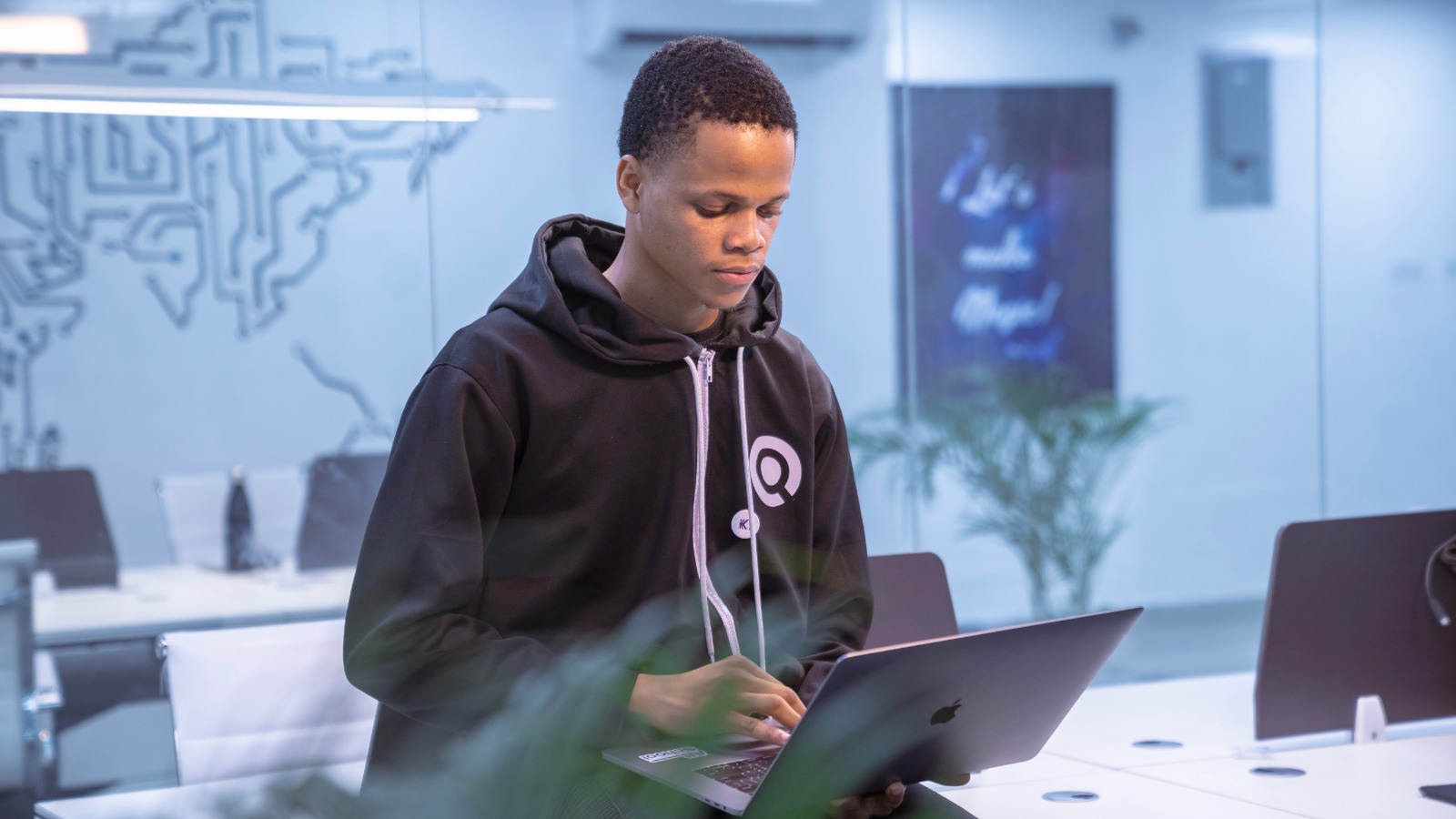
In early February, I was in San Francisco, and every conversation I had that week included the word “AI”, frequently followed by “disrupting”. But no one mentioned Africa. For a continent already 1,430,833,527 strong, growing by more than one human per second (2.49%YGR) with 60%+ under the age of 25, how did they miss this?…

A startup called Akowe wants to put Nigerian certificates on the blockchain, but how will it find a way around the bureaucracies that come with public institutions in Nigeria? Let’s find out.
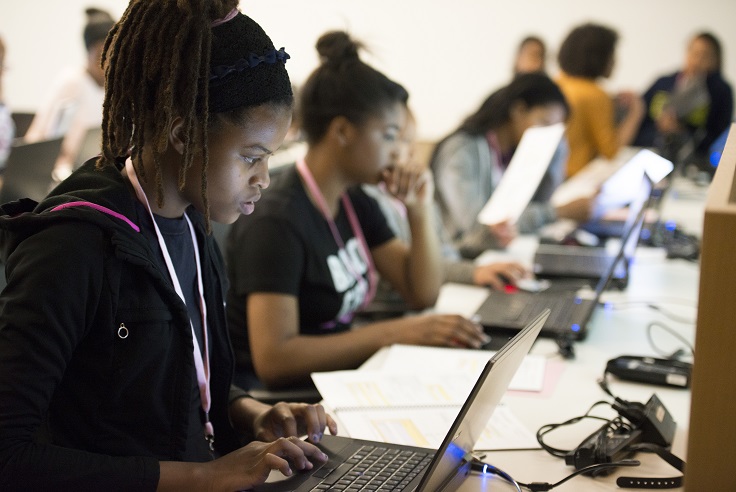
Following Kenya’s approval of a new syllabus requiring coding instruction in all primary and secondary schools in April 2022, Safaricom has partnered with Kodris Africa to promote coding education.
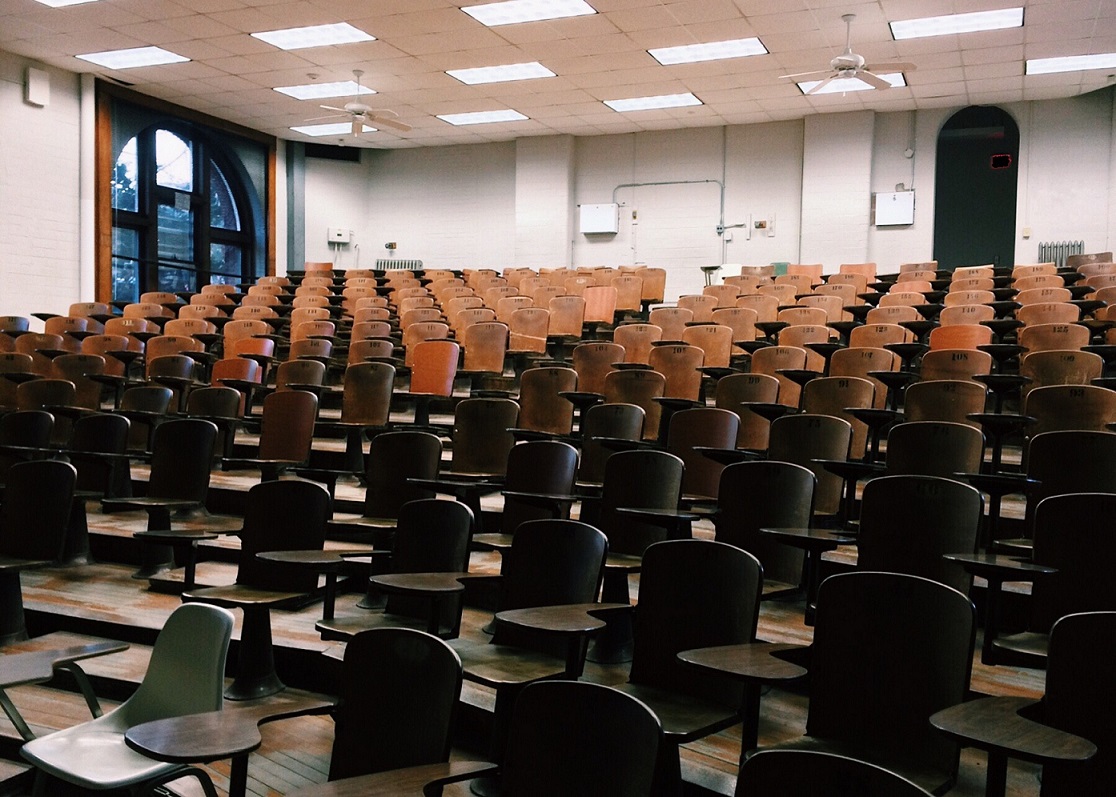
With 2022 ASUU strike threatening to stretch to 90 days, there’s enough time to begin learning globally sought-after skills; here’s a list to pick from.
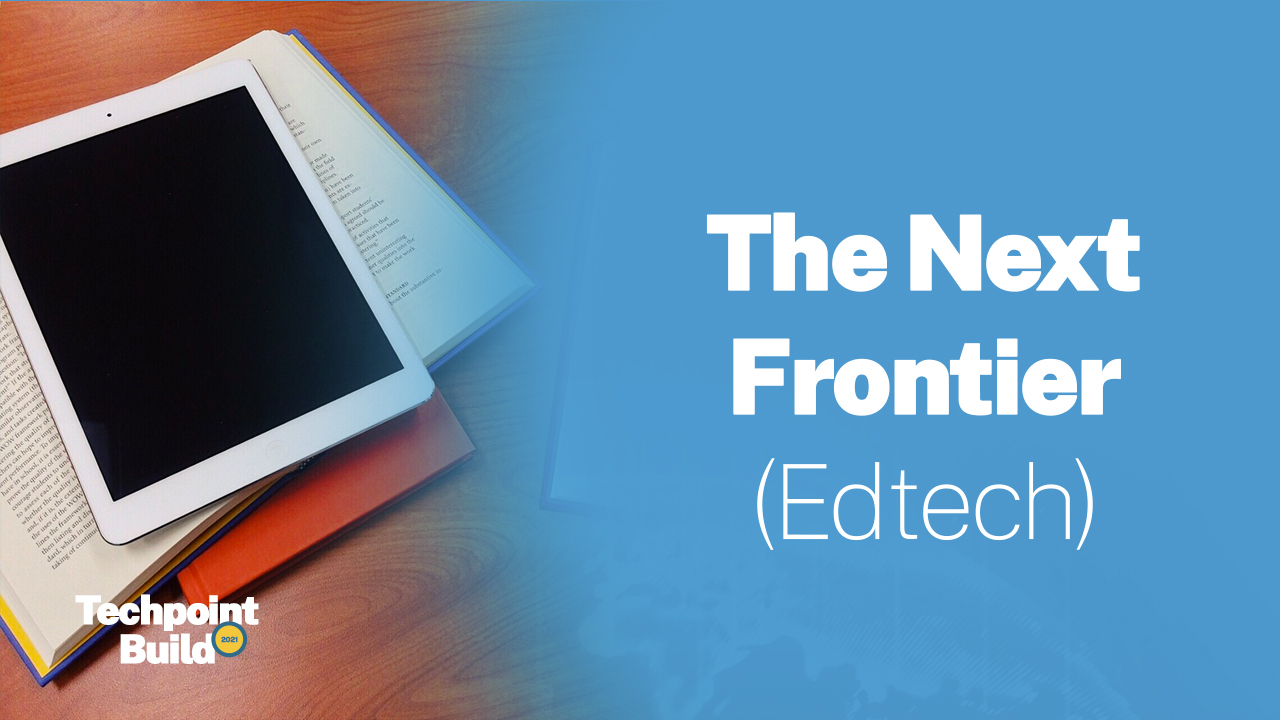
The COVID-19 pandemic helped us understand the importance of tech in the education sector. From Zoom meetings to Google Classrooms, students moved in between technology. But, what’s next? How does the new frontier look for edtechs?
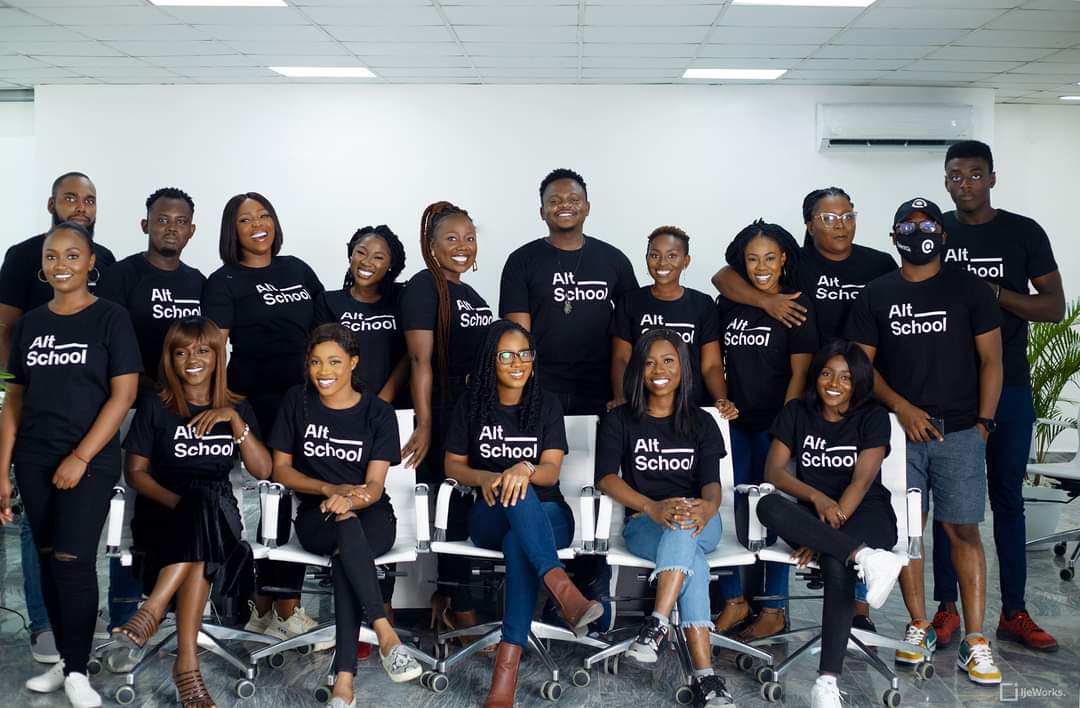
Few months after the launch of ‘Pipeline by TalentQL’ to train senior developers, tech talent startup, @TalentQL, launches AltSchool Africa to help complete newbies gain tech skills and earn a university certificate.
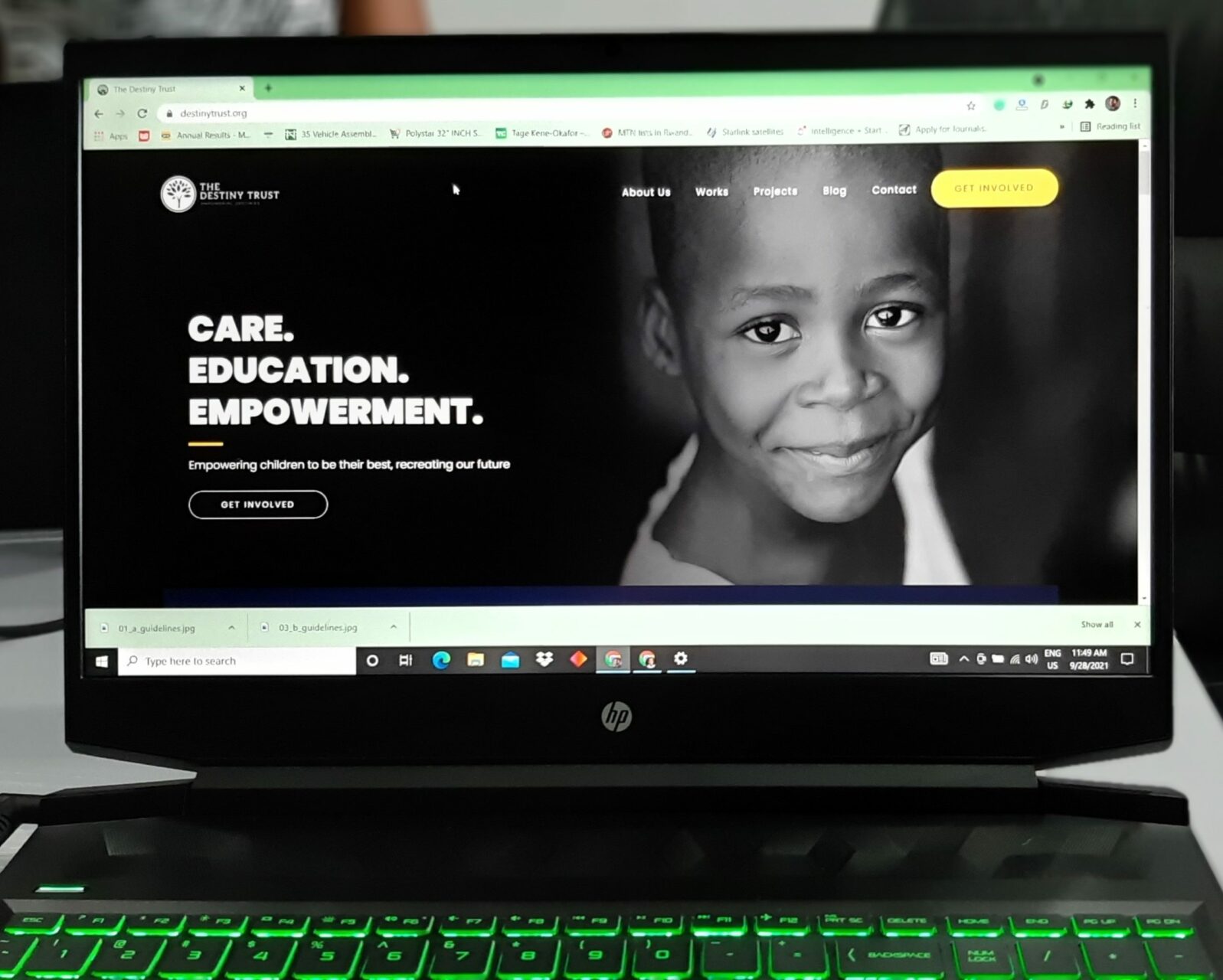
There are over 16 million homeless children in sub-Saharan Africa. Here’s how the @TheDestinyTrust is looking to take them off the streets with a triad mission of care, education, and empowerment through tech.

The application of technology in increasing access to and improving the quality of education in recent years points to a promising future for the edtech industry. An observation is in order.
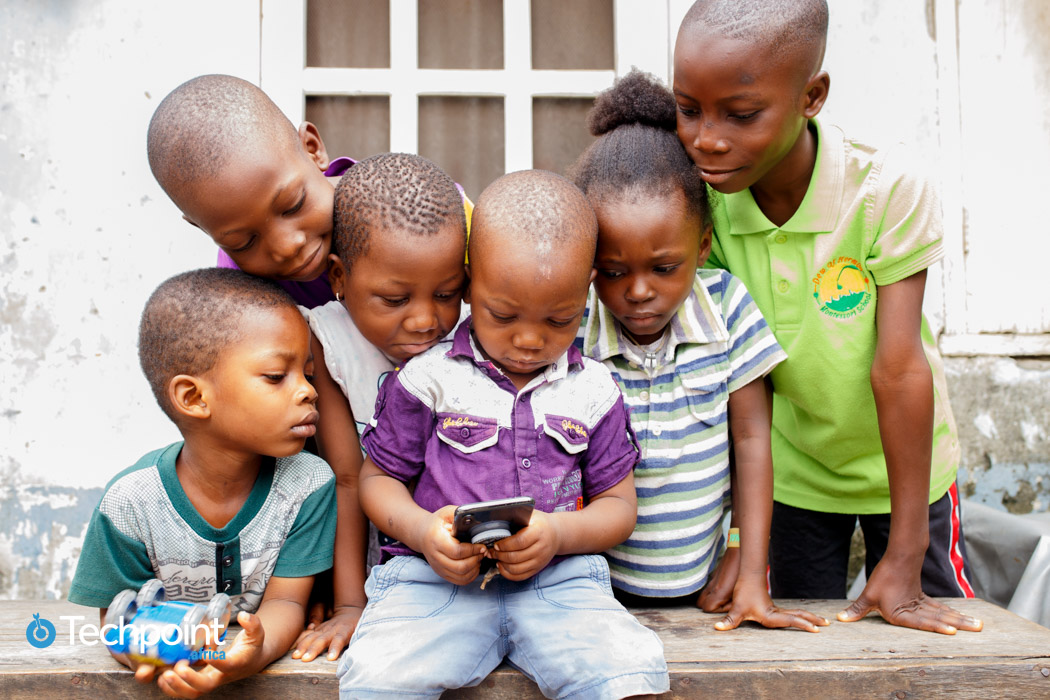
Literacy is a basic human right. But the African Library Project estimated that 30 million African children were illiterate in 2019. We explore how mobile phones and tech tools are improving literacy in Africa.

While many dyslexic Africans might not be aware of their condition, others don’t know how to navigate it at school or the workplace. Here are four tools that can help them succeed.
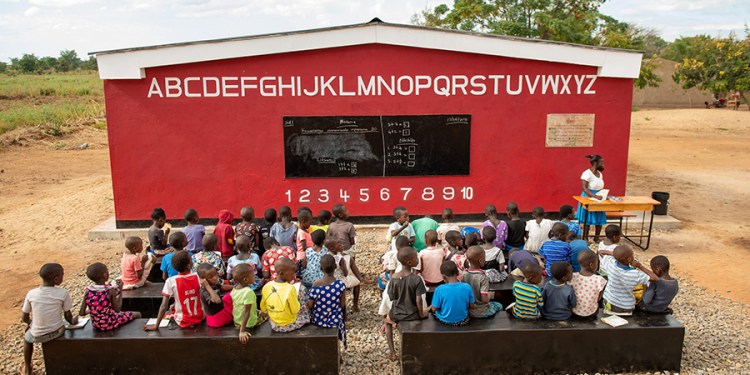
Holcim Group and CDC partner to build the world’s first 3D printed school in Malawi with plans for similar projects in Kenya and Zimbabwe. Another in Madagascar might be on the way.
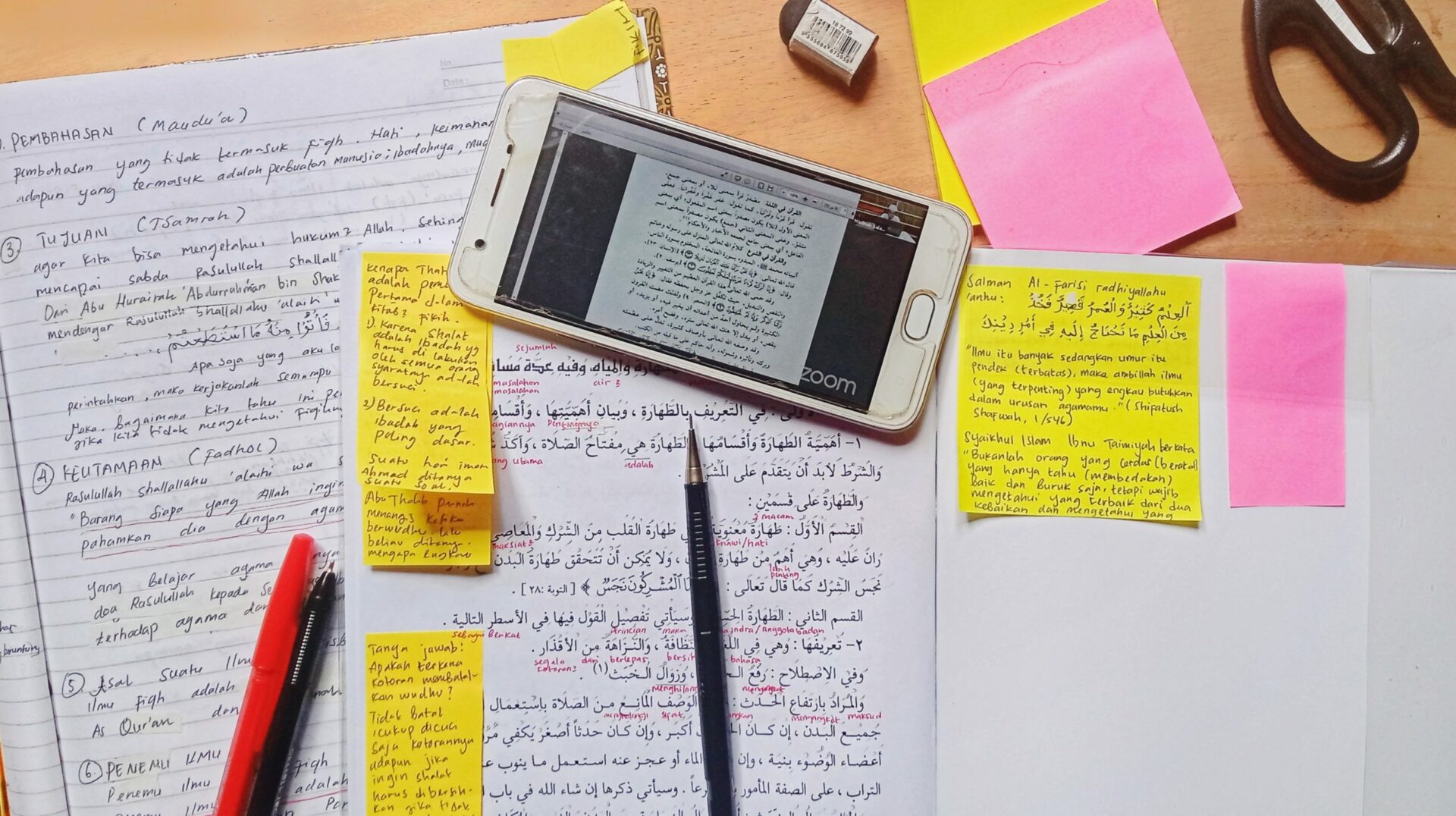
Many Africans live with learning disabilities (LDs), but there’s not enough data to come up with numbers. While false beliefs are common, ways to make learning easier aren’t. We discuss how tech improves learning.
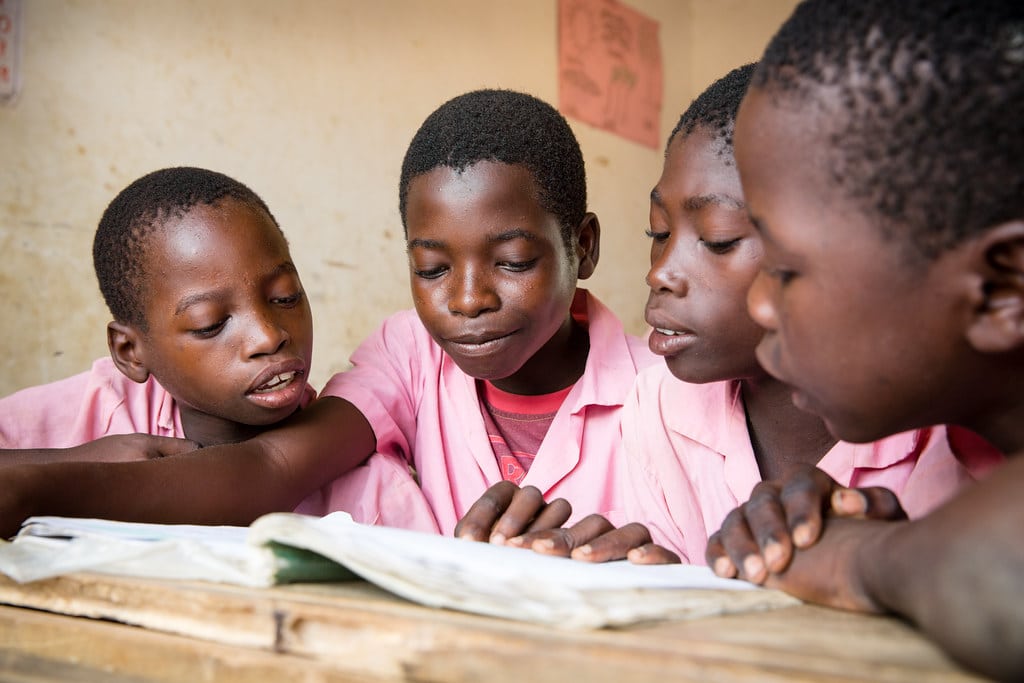
In celebration of Children’s Day, we shine the spotlight on 11 startups working to ensure African kids possess the right skills to thrive in an increasingly competitive world.
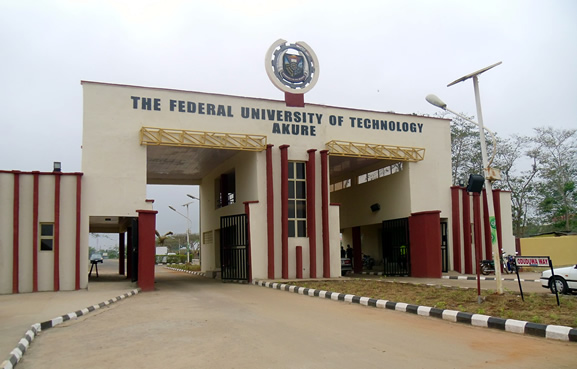
Nigerian university academic staff union, ASUU, reportedly paused an eight-month-long strike after the government allegedly exempted it from IPPIS, a unified payment system. We examine the system and ASUU’s peculiarities

In yet another plan to boost e-learning, the Kenyan government and UNICEF will be co-funding a project to deepen Internet infrastructure and secure tablets for public school pupils in the country
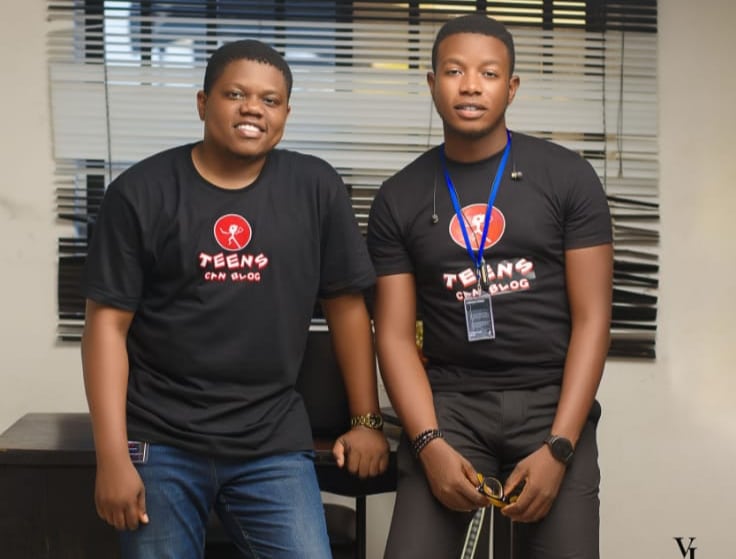
Teens Can Blog, a Nigerian edtech startup, is the idea of two undergraduates intending to reduce unemployment by providing a wide range of tech skills for young people to be trained and mentored in at a subsidised rate.
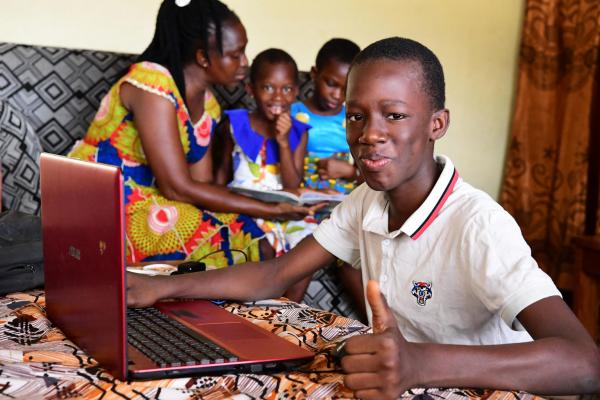
Upon critical consideration, it appears the Lagos state directive stopping private school owners from resuming third term online is to ensure other students are not deprived eventually. But here’s what else we found out
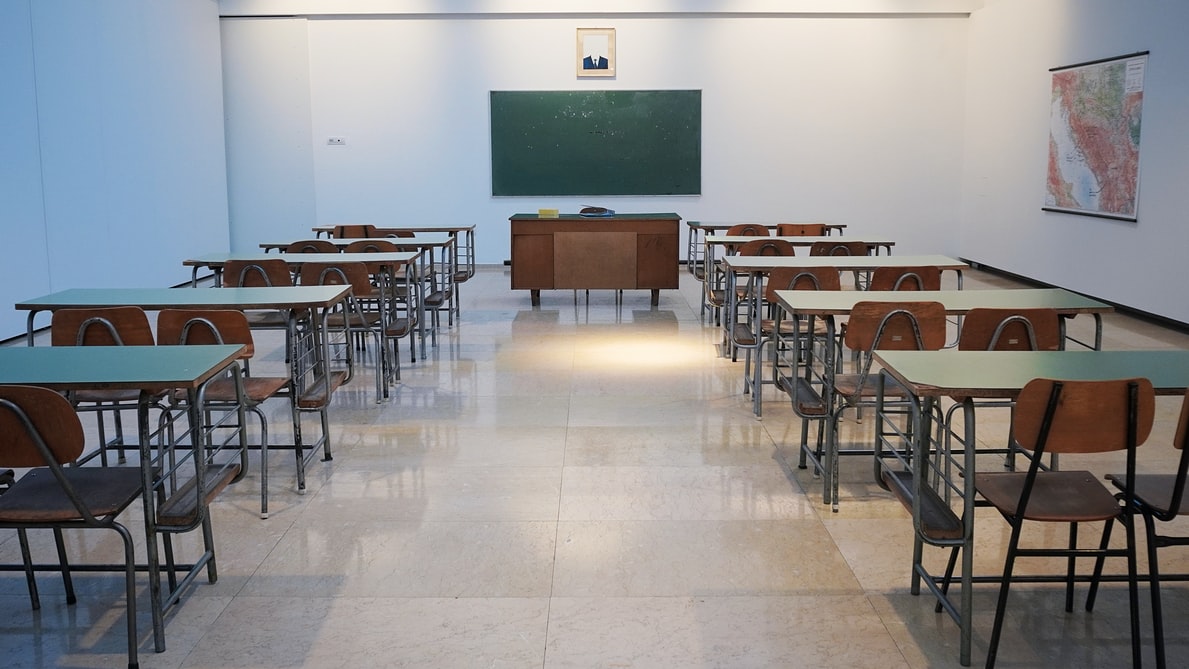
Undeniably, education has been greatly impacted by the ongoing global pandemic, with some regions more disturbed than others. We take a look at the Nigerian situation and how affected groups are gaming the system.

From exam preparation to the management of school data, different edtech solutions operate using various tools all aimed at achieving optimal learning outcomes. We take a look at some select models and related startups

The Nigerian federal government plans to introduce robotics and artificial intelligence into the secondary education curriculum, but some factors are clearly lacking. What’s your take on this ambition of the government?
